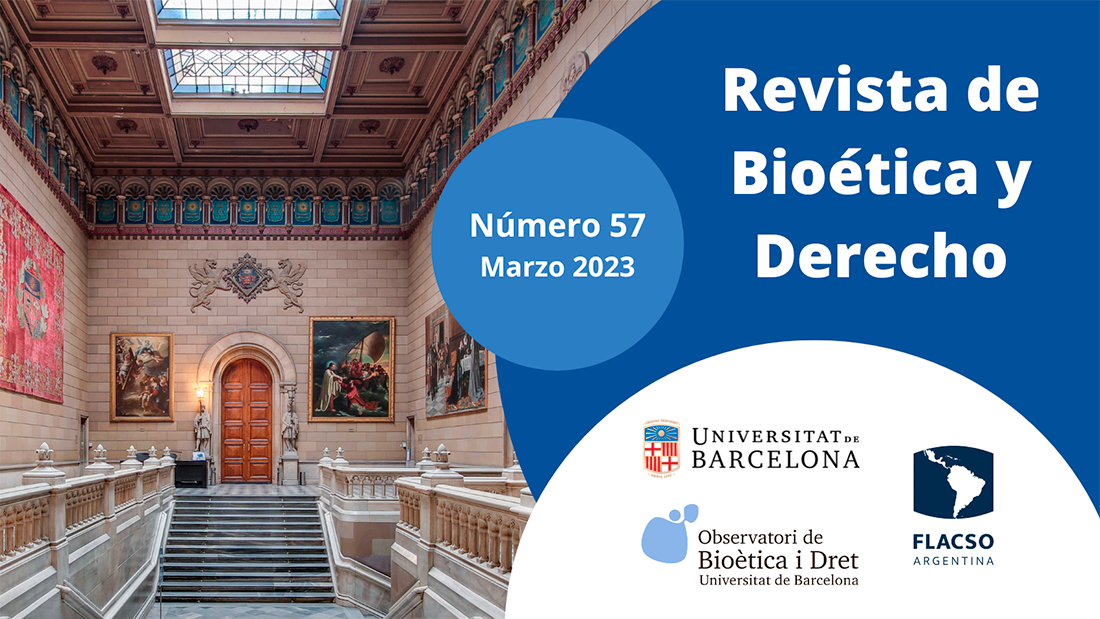Filiation, surrogacy, and private international law: Spanish Supreme Court Ruling 277/2022 in light of the doctrine of the European Court of Human Rights
DOI:
https://doi.org/10.1344/rbd2023.57.41013Abstract
The Supreme Court admits the claim of biological paternity and the adoption file as suitable procedures for the recognition of the filiation derived from a surrogacy carried out abroad, at the same time that it denies its recognition when it has been claimed through the application of the transcript of the foreign registry certificate or by possession of state. This doctrine is compatible with the case of law of the European Court of Human Rights, which obliges States to recognize the filiation derived from surrogacy when there is a genetic link between the minor and the intended parents, as well as to protect the best interests of the minor, when there is family life. This jurisprudential doctrine seeks to protect the rights of the surrogate mother and the best interests of the minor; however, effective protection of both can only come from a private international law agreement that regulates the requirements for the recognition of filiation by those States that deny validity to surrogacy contracts, so that human rights and the best interests of the minor are guaranteed.
Downloads
Published
How to Cite
Issue
Section
License
Copyright (c) 2023 Alonso PINO Pino Ávila

This work is licensed under a Creative Commons Attribution-NonCommercial-NoDerivatives 4.0 International License.
 The author retains the copyright and grants Revista de Bioética y Derecho the right of first publication of the article. All articles published in Revista de Bioética y Derecho are under Creative Commons licensing Recognition – Non Commercial – NoDerivedArtwork (by-nc-nd 4.0), which allows sharing the content with third parties, provided that they acknowledge its authorship, initial publication in this journal and the terms of the license. No commercial use of the original work or generation of derivative works is permitted.
The author retains the copyright and grants Revista de Bioética y Derecho the right of first publication of the article. All articles published in Revista de Bioética y Derecho are under Creative Commons licensing Recognition – Non Commercial – NoDerivedArtwork (by-nc-nd 4.0), which allows sharing the content with third parties, provided that they acknowledge its authorship, initial publication in this journal and the terms of the license. No commercial use of the original work or generation of derivative works is permitted.







